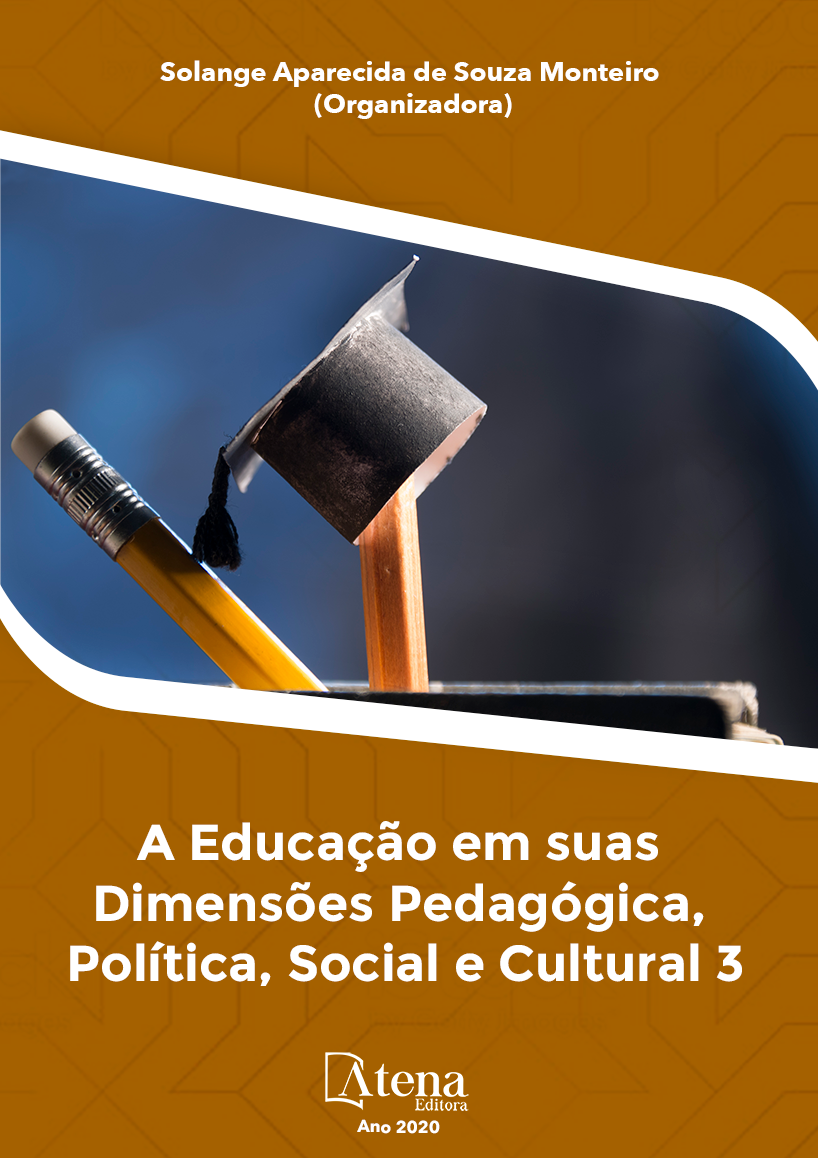
PAULO FREIRE E MARIO OSORIO MARQUES: UM LEGADO DE EDUCAÇÃO HUMANIZADORA
O artigo faz uma reflexão
sobre a importância de dois educadores
contemporâneos, separados geograficamente:
Paulo Freire no nordeste brasileiro e Mario
Osorio Marques no sul do Brasil, especificamente
no noroeste do Rio Grande do Sul. Ambos
dedicaram suas vidas e suas experiências
a uma educação popular enriquecida pelo
pensamento crítico. Tanto Freire (2015) como
Marques (1996) vivenciaram em diferentes
contextos geográficos suas vocações para
humanização da educação. Freire (1981)
destacou-se pelo pioneirismo de uma educação
baseada na realidade do educando envolvido
no processo de emancipação, a partir de sua
conscientização. Marques (1996) destaca em
sua obra, a valorização da interlocução dos
saberes entre educando e educador. O artigo,
também, aborda as contribuições teóricas de
Paulo Freire e Mario Osorio Marques na área
de educação com destaque aos processos
de humanização e conscientização do ser
humano para si e na sua relação com o outro.
É evidenciado a intersecção dos pensamentos
de Paulo Freire e Mario Osorio Marques
especialmente nos temas família, escola e
sociedade. Na abordagem do tema família
observa-se um processo amplo e desafiador,
no sentido de entender essa instituição
condicionada pelos valores socioeconômicos
e culturais, em um dado contexto geográfico e
histórico. No contexto escolar, ainda constatase o discurso hegemônico e prepotente da
inevitável condenação ao fracasso. No artigo é
dado relevância a presença do professor que
não pode passar despercebida aos alunos,
na classe e na escola; é uma presença em si política. No social a emancipação humana passa pela compreensão das práticas
desumanas e opressoras, que ainda reproduzem desigualdades e causam um
acentuado grau de dependência das questões mais vitais tais como: saúde, habitação,
educação e segurança. Na visão dos autores em foco a emancipação do ser humano
passa necessariamente pelo viés da educação humana como espaço de libertação
cotidiana em seus respectivos contextos sociais
PAULO FREIRE E MARIO OSORIO MARQUES: UM LEGADO DE EDUCAÇÃO HUMANIZADORA
-
DOI: 10.22533/at.ed.29020130229
-
Palavras-chave: Diálogo; Emancipação; Conscientização.
-
Keywords: Dialogue; Emancipation; Awareness.
-
Abstract:
The article reflects on the importance of two geographically separated
contemporary educators: Paulo Freire in northeastern Brazil and Mario Osorio Marques
in southern Brazil, specifically in northwestern Rio Grande do Sul. Both dedicated
their lives and experiences to a popular education. enriched by critical thinking. Both
Freire (2015) and Marques (1996) experienced their vocations for the humanization of
education in different geographical contexts. Freire (1981) stood out for the pioneering
of an education based on the reality of the student involved in the emancipation process,
from his awareness. Marques (1996) highlights in his work the appreciation of the
interlocution of knowledge between learner and educator. The article also addresses
the theoretical contributions of Paulo Freire and Mario Osorio Marques in the area of
education, highlighting the processes of humanization and awareness of the human
being for themselves and their relationship with others. The intersection of the thoughts
of Paulo Freire and Mario Osorio Marques is evidenced especially in the themes family,
school and society. In the approach of the family theme, a broad and challenging
process is observed, in the sense of understanding this institution conditioned by
socioeconomic and cultural values, in a given geographical and historical context. In
the school context, there is still the hegemonic and arrogant discourse of the inevitable
condemnation of failure. The article gives relevance to the presence of the teacher who
cannot go unnoticed to the students, in class and at school; It is a political presence
in itself. In social, human emancipation involves the understanding of inhuman and
oppressive practices, which still reproduce inequalities and cause a marked degree of
dependence on the most vital issues such as health, housing, education and security.
In the authors’ view, the emancipation of the human being necessarily goes through
the bias of human education as a space of daily liberation in their respective social
contexts.
-
Número de páginas: 12
- Milton César Gerhardt
- Walter Frantz
- Antônio Carlos Gonçalves do Amaral


